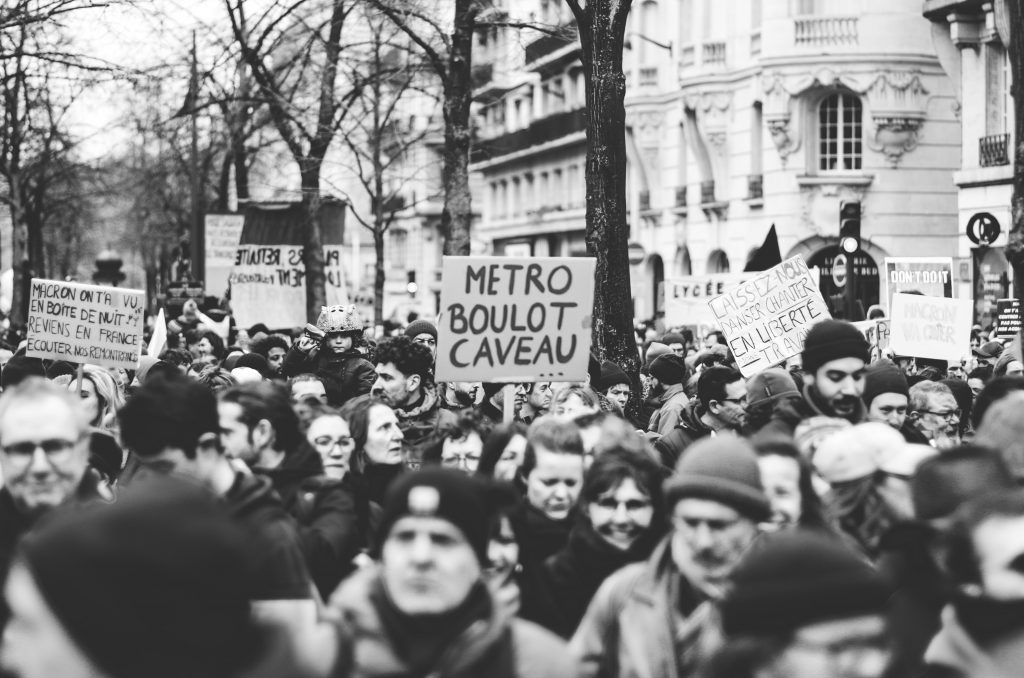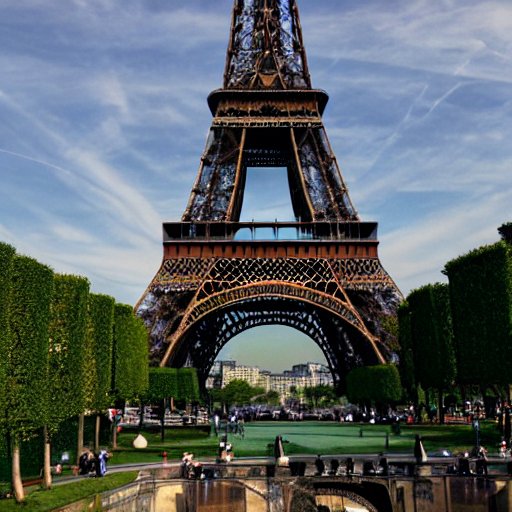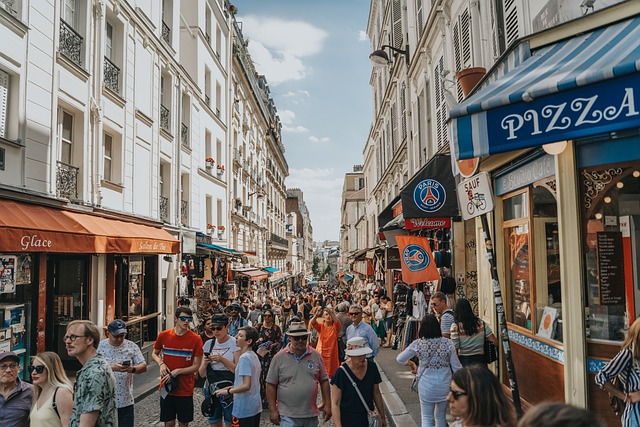Paris syndrome is a psychological disorder that refers to a condition in which individuals experience a severe and transient psychological breakdown while visiting or staying in Paris, France. It is primarily observed in tourists who have developed an idealized and romanticized image of the city but find it to be vastly different from their expectations.
The syndrome was first identified in the 1980s by Japanese psychiatrist Hiroaki Ota, who noticed that a significant number of Japanese tourists traveling to Paris exhibited symptoms such as acute delusions, hallucinations, anxiety, depression, and even psychosis. These symptoms are believed to be triggered by the stark contrast between the tourists’ preconceived notions of Paris, often influenced by popular culture and media, and the reality they encounter during their visit.

Let’s meet with George, an American tourist from Alabama. He experienced the Paris Syndrome… but how?
George had always dreamed of visiting Paris, captivated by its reputation as the city of love and romance. However, upon arriving in the bustling streets of Paris, he was overwhelmed by the noise, crowded sidewalks, and fast-paced atmosphere. The stark contrast to his serene expectations left him feeling disoriented and anxious, struggling to reconcile the reality with his romanticized vision.
- As George explored Paris, he found himself facing communication barriers due to his limited knowledge of French. His attempts to interact with locals or order food became sources of frustration and embarrassment. The constant feeling of being an outsider further deepened his sense of isolation and heightened his anxiety.
- George had always envisioned Paris as a picturesque city with charming streets and friendly people. However, he encountered rudeness and indifference from some Parisians, which shattered his illusion. Feeling rejected and misunderstood, he started questioning his own self-worth, leading to episodes of depression and low self-esteem.
- Walking along the Seine River, George became fixated on the idea that he was being followed and targeted by strangers. Paranoia took hold of him, and he couldn’t shake off the feeling of being watched. His anxiety escalated, and he started avoiding crowded places, fearing that something terrible might happen to him.
- George had heard stories of the exquisite beauty of Parisian landmarks like the Eiffel Tower and the Louvre Museum. However, when he finally stood in front of these iconic sights, he felt underwhelmed and disappointed. The gap between the grandeur he had imagined and the reality in front of him triggered a profound sense of disillusionment and sadness.
It is worth noting that Paris syndrome is a relatively rare phenomenon, and the majority of tourists visiting Paris do not develop such symptoms. However, for those affected, the condition can be distressing and require professional help.



